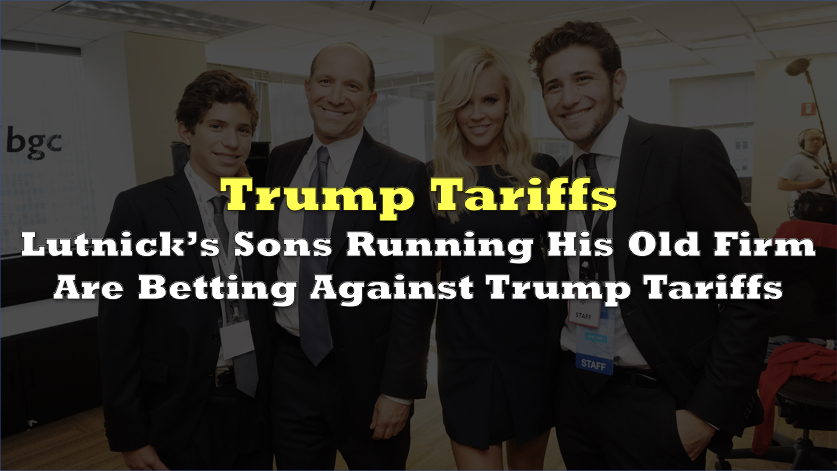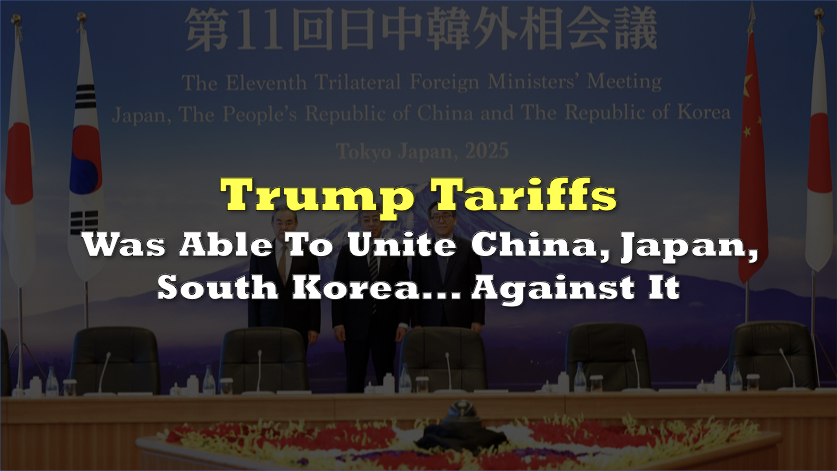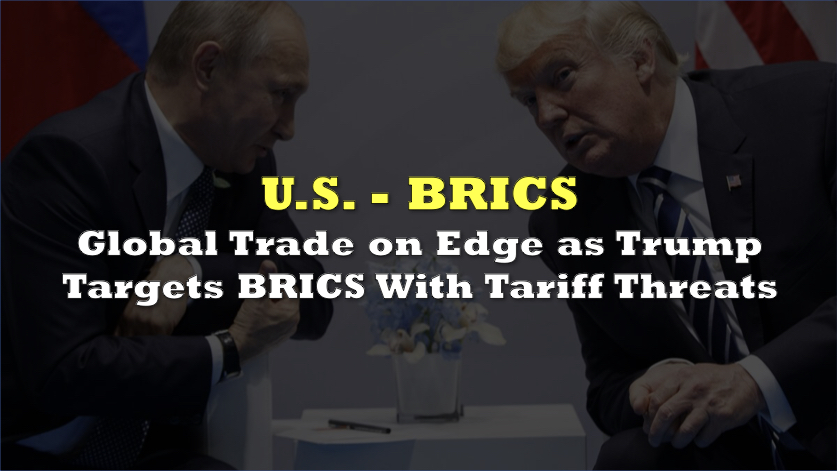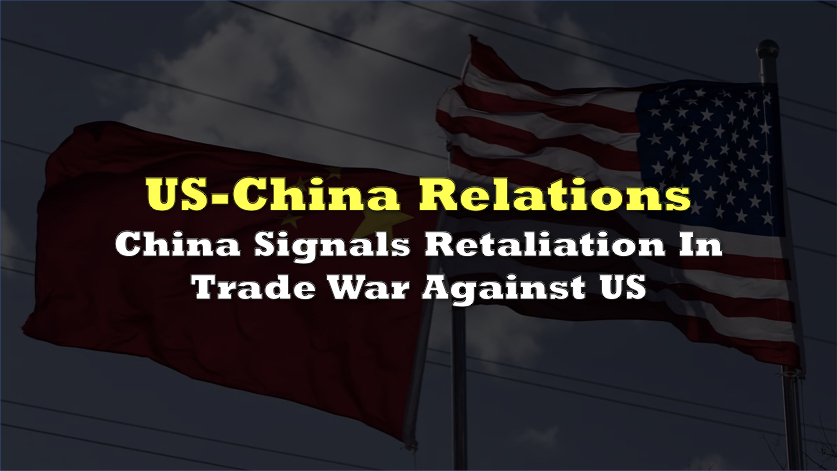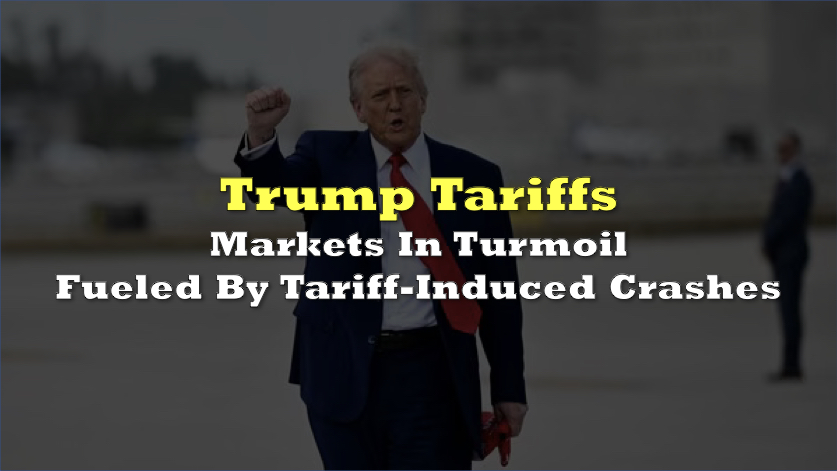Commerce Secretary Howard Lutnick is selling the tariffs he defends. His old firm, Cantor Fitzgerald—now run by his sons Kyle and Brandon—has built a market for refund rights on duties imposed under President Donald Trump’s trade war.
The bet is simple: courts strike the tariffs, companies get money back, and Cantor pockets the spread.
Cantor Fitzerland, the company being ran by Howard Lutnick’s 2 sons, is now buying rights to tariff refunds from small companies that cannot afford to wait a year for either the courts or Trump himself to overrule these tariffs.
— Spencer Hakimian (@SpencerHakimian) July 21, 2025
Poor people selling their hard earned money for… pic.twitter.com/U6pLb2TdNz
Cantor traders say they can buy “hundreds of millions of dollars” in potential refunds, according to documents reviewed by WIRED. One letter pitches a price of “20 to 30 percent of what companies have paid in duties.”
“For a company that paid $10 million, they could expect to receive $2–$3 million in a trade,” the representative wrote. The firm has “already put a trade through representing about ~$10 million of IEEPA Rights” and expects that figure to “balloon in the coming weeks.”
It works as litigation finance: investors front cash today, claim a slice of whatever a judge awards tomorrow, and harvest the difference if the ruling lands their way.
The commerce secretary has been one of the loudest champions of Trump’s levies, claiming they would raise “hundreds and hundreds of billions of dollars,” enough to wipe out income taxes for Americans earning under $150,000.
Yet the vehicle that made him a billionaire is positioning clients to profit if those same levies collapse in court.
A Department of Commerce spokesperson said that Lutnick “knows nothing about this decision because he has no insight or strategic control over Cantor Fitzgerald.” Cantor Fitzgerald itself declined to comment.
Trump invoked the International Emergency Economic Powers Act to slap tariffs on Mexico and Canada in February, then widened the dragnet in April to cover nearly every nation shipping goods to the US, with “reciprocal” rates of 10% to 50%.
Small businesses sued, arguing the president exceeded his authority, to which the US Court of International Trade agreed. The administration appealed and now the duties remain in place while the case proceeds. Oral arguments start at month’s end but a possible Supreme Court detour could stretch resolution past a year.
Plaintiffs told the court the duties are “an existential issue” as further delays are lethal for thin-margin importers. Even in a win means waiting “it takes six to 12 months to get your money back once [tariff refunds are] approved,” Flexport CEO Ryan Petersen notes. “It’s a physical check that arrives in the mail.”
So Cantor’s offer lands where desperation meets discounting. Cash-strapped firms can offload claims, shore up liquidity, and survive another quarter. For investors, the product can be a pure regulatory arbitrage: price the probability of a court reversal, discount the payout timeline, and scale the book.
Information for this briefing was found via Wired and the sources mentioned. The author has no securities or affiliations related to this organization. Not a recommendation to buy or sell. Always do additional research and consult a professional before purchasing a security. The author holds no licenses.

